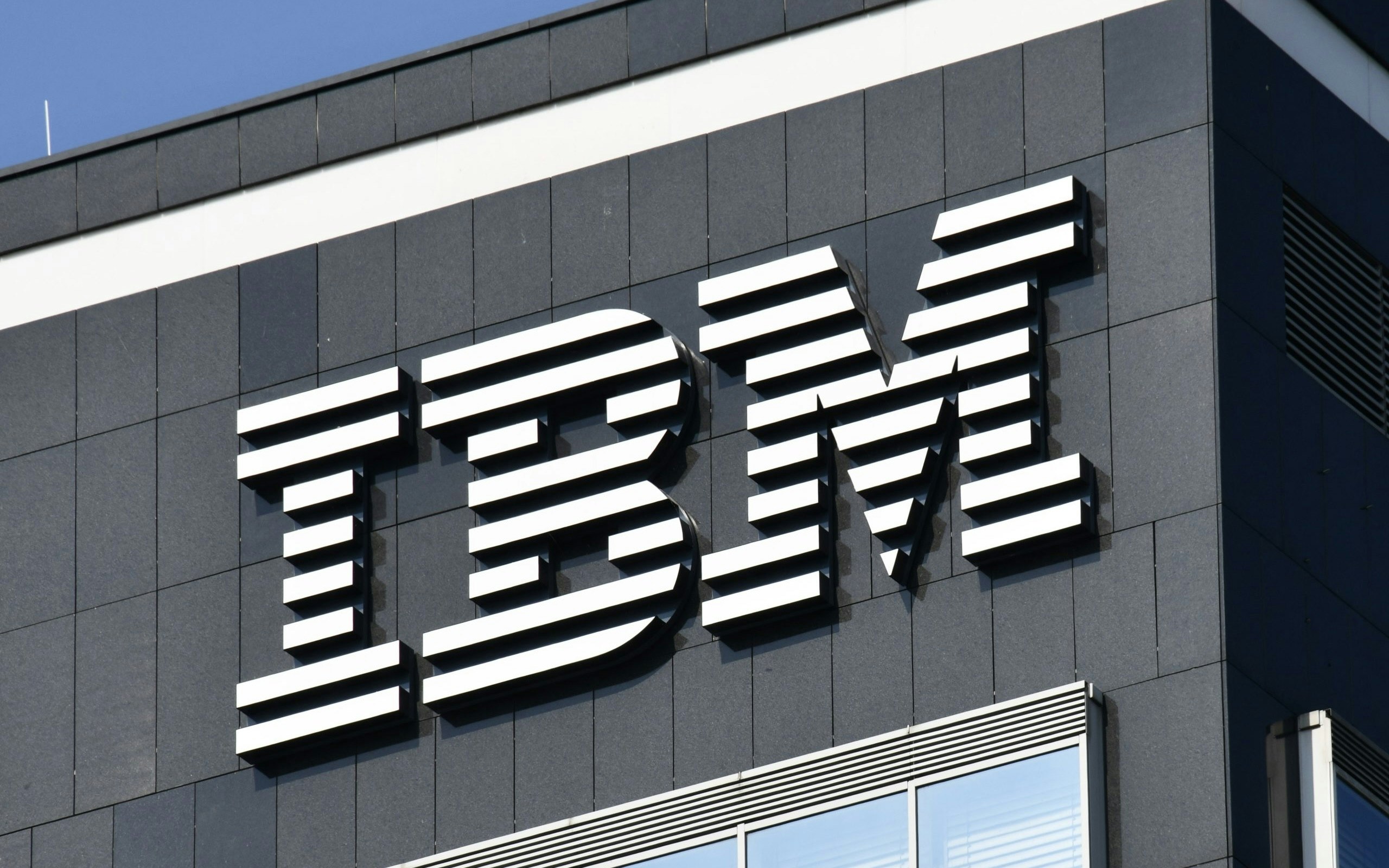Inflation Rate in the Eurozone Reaches Lowest Level in Several Months in July 2021, Currently at 2.6 Percent. This is Evident from the Latest Flash Estimate by the Statistics Agency Eurostat for the Month of February, Bringing the European Central Bank (ECB) Closer to Its Inflation Target of Two Percent. Nevertheless, the ECB Remains Cautious and Maintains Interest Rates for Now. An Important Factor for This is the Growth in Collective Bargaining Wages, Which the Central Bank is Currently Paying Special Attention to.
According to a recent assessment by the ECB, collective wage agreements in the euro area increased by 4.5 percent in the fourth quarter of 2023. Although this increase is smaller than before, it still remains too high to guarantee long-term price stability. Therefore, the timing of a rate cut depends primarily on the further development of collective wage agreements in the current first quarter. If the wage negotiations between unions and employers' associations lead to moderate results, the path for a rate cut will be clear. Otherwise, it could be that ECB members will have to wait for a change in interest rates for many more months. High wage increases can have a lasting negative impact on inflation, especially if productivity remains weak and companies pass on the higher labor costs to their customers.
To obtain an early picture of wage dynamics, the ECB has developed an internal early warning system, also known as the 'Wage Tracker.' It immediately analyzes collective bargaining agreements in seven of the twenty euro countries in order not to have to wait for official statistics, which are only published after some delay. These preliminary pieces of information suggest that wage pressure will temporarily subside in the first half of 2024, but will presumably increase again toward five percent thereafter.
The ECB is watching the development of collective wages with great nervousness, as unions are currently not willing to compromise and exercise restraint. The high inflation of the past year has left its mark on employees. According to the Federal Statistical Office, collective wages in Germany increased by 3.7 percent in 2023, which is significantly below the average inflation rate of 5.9 percent. This has led to a noticeable decline in the purchasing power of employees. The WSI institute, which is close to the unions, also reports a drop in the purchasing power of collective wages to the level of 2016. Therefore, the ongoing collective bargaining negotiations are likely to be characterized by significant real wage increases, according to WSI wage expert Thorsten Schulten.
Trade Unions and Employees Enter 2024 Bargaining Round Strengthened as Eurozone Labor Markets Remain Well Utilized and Skills Shortage Persists
Despite the current decline in inflation, which is mainly due to lower food prices, the core inflation rate excluding food and energy remains high at 3.1 percent. Strong wage increases are expected to keep it above two percent well into the coming year, according to Sebastian Becker of Deutsche Bank. Therefore, it will take some time before core inflation approaches the ECB's two percent target.
Even though economists see the progress in the battle against the temporarily high inflation of the past two years as encouraging, some warn against too much optimism in light of the current situation. The ECB therefore remains cautious and keeps a close eye on the development of wage tariffs.










